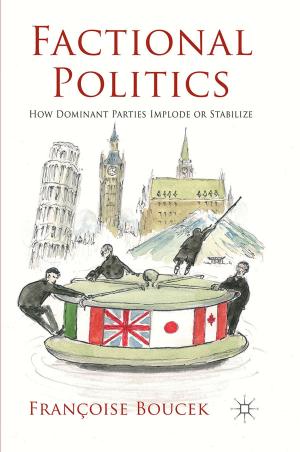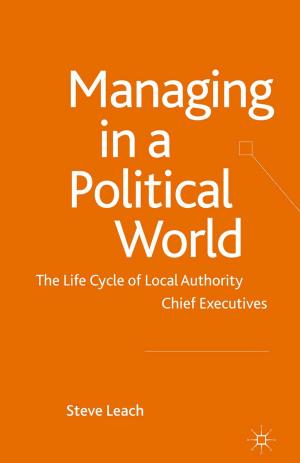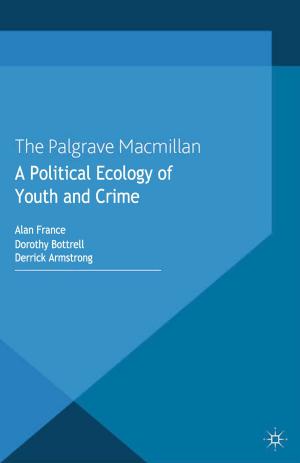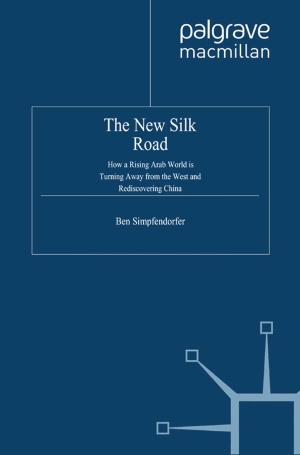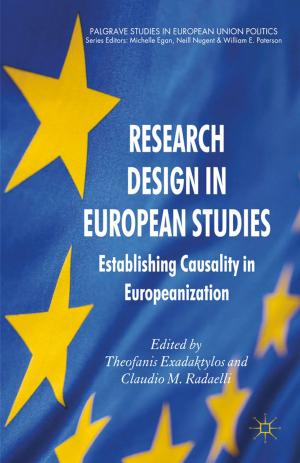Critical International Political Economy
Dialogue, Debate and Dissensus
Nonfiction, Social & Cultural Studies, Political Science, Politics, Economic Conditions, International, International Relations, Business & Finance| Author: | Stuart Shields, Ian Bruff, Huw Macartney | ISBN: | 9780230299405 |
| Publisher: | Palgrave Macmillan UK | Publication: | February 1, 2011 |
| Imprint: | Palgrave Macmillan | Language: | English |
| Author: | Stuart Shields, Ian Bruff, Huw Macartney |
| ISBN: | 9780230299405 |
| Publisher: | Palgrave Macmillan UK |
| Publication: | February 1, 2011 |
| Imprint: | Palgrave Macmillan |
| Language: | English |
Amidst the continued debate surrounding the foundations of IPE, coupled with recent methodological and theoretical divides this book argues that an attempt should be made to re-visit the notion of the 'critical'. The challenge posed by contributors to this volume is to assess the development of so-called critical IPE and interrogate whether the theoretical foundations it was built upon have reached their potential. The essays in this volume take up this challenge in a number of different ways but all share a common concern - to re-assess the purpose of critical approaches, reflect on why certain social theorists have been favoured as a point of departure, yet others have largely been ignored. In light of recent debates on the notion of a 'trans-Atlantic divide' within IPE the collection the contributors aim demonstrates how the distinction between the 'critical' and the 'orthodox' (or 'empirical') is only significant if the 'critical' is geared towards a larger, more substantial body of critical social enquiry and engages with what it means to conduct such enquiry.
Amidst the continued debate surrounding the foundations of IPE, coupled with recent methodological and theoretical divides this book argues that an attempt should be made to re-visit the notion of the 'critical'. The challenge posed by contributors to this volume is to assess the development of so-called critical IPE and interrogate whether the theoretical foundations it was built upon have reached their potential. The essays in this volume take up this challenge in a number of different ways but all share a common concern - to re-assess the purpose of critical approaches, reflect on why certain social theorists have been favoured as a point of departure, yet others have largely been ignored. In light of recent debates on the notion of a 'trans-Atlantic divide' within IPE the collection the contributors aim demonstrates how the distinction between the 'critical' and the 'orthodox' (or 'empirical') is only significant if the 'critical' is geared towards a larger, more substantial body of critical social enquiry and engages with what it means to conduct such enquiry.


